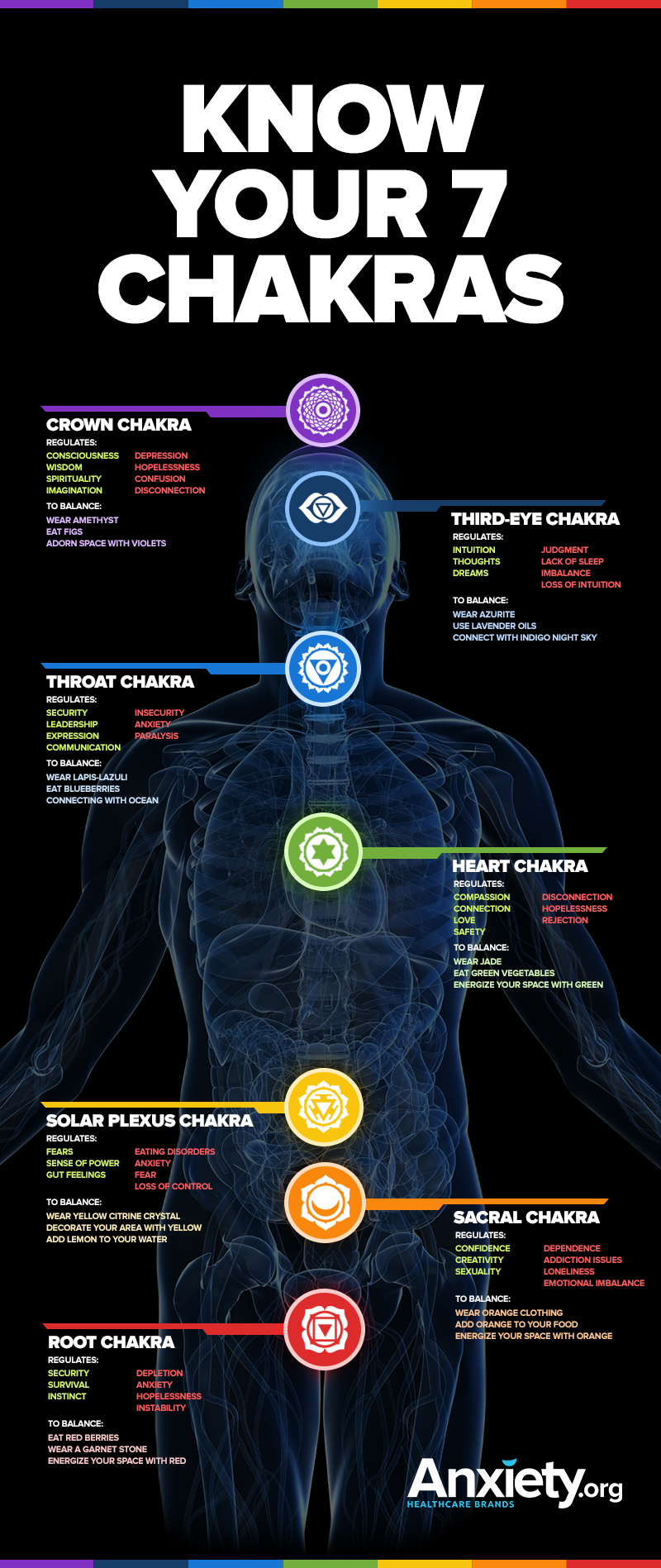In this article, we will explore the potential adverse effects of chakra healing on mental well-being. You will learn about the concept of chakras, how chakra healing is practiced, and whether it can have any negative implications on your mental health. We will also discuss the importance of approaching chakra healing with caution and seeking professional guidance if needed. By the end of this article, you will have a better understanding of the possible impact of chakra healing on your mental well-being.
Understanding Chakra Healing
Chakra healing is a practice that has been used for centuries to promote balance and harmony within the body. It is based on the belief that the body contains seven energy centers, known as chakras, which are responsible for the flow of energy throughout the body. When these chakras become blocked or unbalanced, it is thought to result in physical, emotional, and spiritual imbalances.
What is Chakra Healing?
Chakra healing, also known as energy healing, is a holistic therapy that aims to restore balance and harmony to the chakras. It involves the use of various techniques such as meditation, sound therapy, crystals, and Reiki to unblock and rebalance the energy centers in the body. It is believed that by restoring the flow of energy, chakra healing can promote healing and overall well-being.
How does Chakra Healing Work?
Chakra healing works by addressing the imbalances in the body’s energy centers. Each chakra is associated with specific physical, emotional, and spiritual aspects of a person’s life. By identifying which chakras are blocked or unbalanced, chakra healers can use different techniques to help restore balance and promote healing.
Chakra healing techniques can vary depending on the practitioner and the individual’s needs. Some common techniques include visualization, meditation, yoga, and the use of specific crystals or essential oils. These practices are believed to help remove energy blockages and promote the free flow of energy throughout the body.
Benefits of Chakra Healing
Chakra healing is often praised for its ability to promote overall well-being. Many people report experiencing a range of benefits from chakra healing, including improved physical health, increased energy levels, enhanced clarity and focus, reduced stress and anxiety, and a greater sense of inner peace and harmony.
By restoring balance to the chakras, chakra healing is thought to support the body’s natural ability to heal itself. It can also help individuals connect with their inner selves and tap into their own intuition and inner wisdom.
The Impact of Chakra Healing on Mental Well-being
While chakra healing can have numerous positive effects on mental well-being, it is important to recognize that it can also have adverse effects in some cases. It is essential to understand both the potential benefits and risks associated with chakra healing before embarking on this holistic therapy.
Positive effects on mental well-being
Chakra healing has been reported to have several positive effects on mental well-being. Many individuals find that through chakra healing, they are able to release pent-up emotions, gain a better understanding of themselves, and experience a greater sense of inner peace and balance. Chakra healing can also help individuals develop a deeper connection with their spiritual selves and find meaning and purpose in their lives.
Potential adverse effects on mental well-being
While chakra healing can be a transformative and healing practice, it is crucial to acknowledge that it can also have adverse effects on mental well-being in some cases. These adverse effects are not necessarily inherent to chakra healing itself, but rather they can occur due to various factors such as the intensiveness of the healing, pre-existing mental health conditions, and individual susceptibility and resilience.
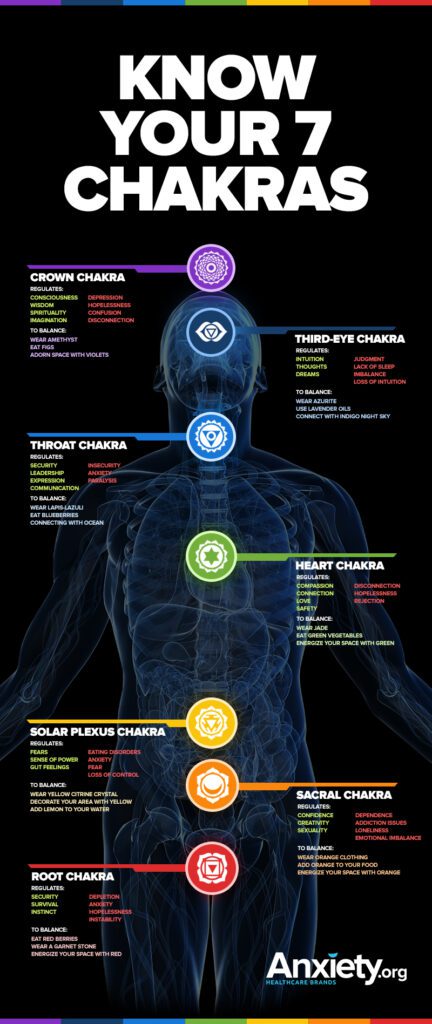
Common Adverse Effects of Chakra Healing on Mental Well-being
Imbalance in chakra energy
One of the potential adverse effects of chakra healing is an imbalance in chakra energy. This can occur if the healing techniques used are not tailored to the individual’s specific needs. When the chakras are forced to open or unblock too quickly or forcefully, it can lead to an overwhelming surge of energy, causing anxiety, agitation, or even panic.
It is important to approach chakra healing with patience and allow the energy to flow naturally, without forcing or rushing the process. Working with a qualified and experienced chakra healer can help ensure that the healing process is done in a safe and effective manner.
Psychological discomfort
Chakra healing can also bring up psychological discomfort as it encourages individuals to face and address deep-seated emotions and unresolved issues. This process can be challenging and may initially exacerbate mental distress before leading to healing and resolution.
It is essential to have a support system in place and to communicate openly with a chakra healer about any concerns or discomfort that may arise during the healing process. This can help ensure that appropriate guidance and support are provided throughout the journey.
Unexpected emotional releases
Chakra healing can sometimes trigger unexpected emotional releases as stagnant energy is released from the body. This can result in intense emotions such as grief, anger, or sadness coming to the surface. While these emotional releases can be cathartic and healing, they can also be overwhelming for some individuals.
It is important to process and integrate these emotions in a healthy and supportive environment. Engaging in self-care practices such as journaling, meditating, or seeking the support of a therapist can help navigate these emotional releases and ensure a safe and supportive healing journey.
Re-triggering of traumatic experiences
For individuals who have experienced trauma in the past, chakra healing has the potential to re-trigger traumatic memories or emotions. This can be particularly challenging for those with post-traumatic stress disorder (PTSD) or other trauma-related conditions.
It is crucial to approach chakra healing with caution if you have a history of trauma. Working closely with a qualified trauma-informed chakra healer and a mental health professional can help ensure that the healing process is approached in a safe and supportive manner.
Factors Influencing Adverse Effects
The likelihood and severity of adverse effects during chakra healing can be influenced by several factors. It is important to consider these factors when embarking on your healing journey to ensure your mental well-being is prioritized.
Intensiveness of chakra healing
The intensiveness of chakra healing practices can greatly impact their potential adverse effects on mental well-being. Engaging in intense or prolonged healing practices without adequate support or guidance can lead to an overload of emotions or energy, causing distress and potential harm.
It is essential to take a gradual and balanced approach to chakra healing, allowing your body and mind time to adjust and process the changes. Listening to your body and honoring your limits is crucial for maintaining mental well-being throughout the healing process.
Pre-existing mental health conditions
Individuals with pre-existing mental health conditions may be more vulnerable to adverse effects during chakra healing. It is important to consider any mental health conditions you may have and to discuss them openly with your chakra healer.
Working with a qualified and experienced chakra healer who has knowledge and understanding of mental health conditions can help ensure that your healing journey is approached in a safe and supportive manner. It is important to have appropriate coping strategies and support in place to manage any potential adverse effects that may arise.
Individual susceptibility and resilience
Each individual has a unique level of susceptibility and resilience when it comes to chakra healing. Some individuals may be more sensitive to energy shifts and emotional releases, while others may be more resilient and able to navigate the healing process with greater ease.
Understanding your own level of susceptibility and resilience is crucial for ensuring your mental well-being during chakra healing. It is important to take the time to reflect and assess your readiness for the healing process, and to proceed at a pace that feels comfortable and safe for you.
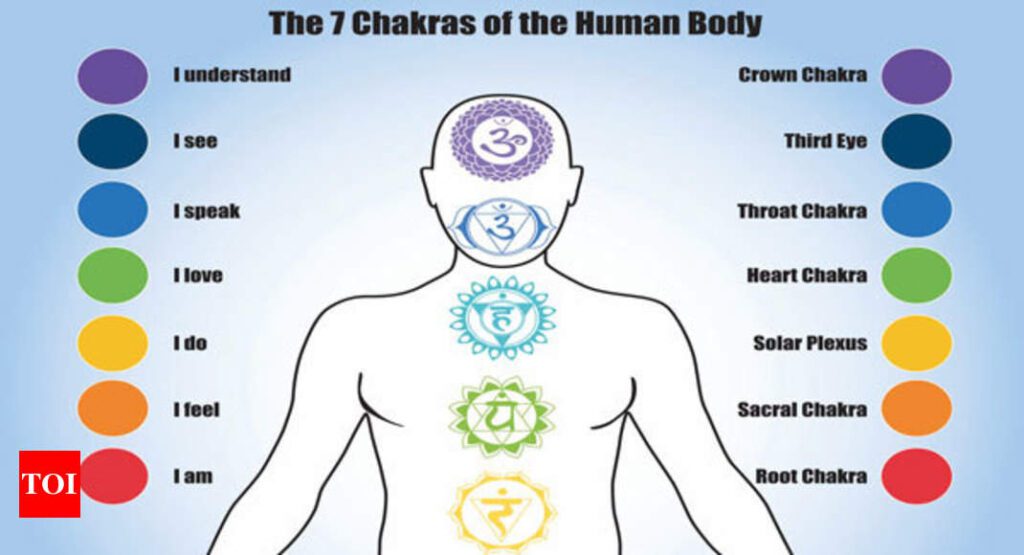
Preventing Adverse Effects
While adverse effects can occur during chakra healing, there are steps you can take to minimize the risks and promote your mental well-being throughout the healing journey.
Seeking a qualified chakra healer
One of the most important steps in ensuring the safety and effectiveness of your chakra healing experience is to seek a qualified and experienced chakra healer. A qualified chakra healer will have the knowledge and expertise to guide you through the healing process and address any potential challenges or adverse effects that may arise.
Before working with a chakra healer, take the time to research their qualifications, experience, and approach to chakra healing. It is also helpful to seek recommendations from trusted sources or read reviews from previous clients.
Communication and informed consent
Open communication with your chakra healer is vital in preventing and addressing any adverse effects that may occur during chakra healing. Be sure to communicate openly about your intentions, concerns, and expectations for the healing process.
Additionally, informed consent is essential. Make sure you fully understand the potential risks and benefits of chakra healing before embarking on the journey. This will allow you to make informed decisions about your well-being and actively participate in your healing process.
Setting realistic expectations
Another key aspect of preventing adverse effects is setting realistic expectations for your chakra healing experience. While chakra healing can be transformative, it is important to understand that it is not a quick fix or a cure-all solution.
Chakra healing is a journey that requires time and commitment. Setting realistic expectations and being patient with the healing process can help prevent disappointment, frustration, and potential adverse effects on your mental well-being.
Coping with Adverse Effects
If you do experience adverse effects during chakra healing, there are coping strategies you can employ to support your mental well-being.
Self-care practices
Engaging in self-care practices can help support your mental well-being during chakra healing. This can include activities such as meditation, journaling, spending time in nature, practicing mindfulness, or engaging in hobbies and activities that bring you joy and relaxation.
Prioritizing self-care and making time for activities that nourish your mind, body, and spirit can help alleviate stress, promote balance, and support your overall well-being.
Professional support and therapy
In some cases, it may be beneficial to seek professional support and therapy to navigate any adverse effects that arise during chakra healing. A mental health professional who is familiar with chakra healing and energy work can provide valuable guidance, support, and coping strategies to help you navigate any challenges that may arise.
Therapy can offer a safe and supportive space to process emotions, address any underlying mental health concerns, and ensure that your mental well-being is prioritized throughout the healing process.
Modifying chakra healing approaches
If you are experiencing adverse effects during chakra healing, it may be helpful to modify the approach or techniques being used. Working closely with your chakra healer, you can discuss any discomfort or challenges you are facing and explore alternative approaches that may better support your mental well-being.
It is important to remember that chakra healing is a highly individualized process, and what works for one person may not work for another. By adapting and modifying the approach, you can tailor it to better suit your unique needs and promote a safe and transformative healing experience.
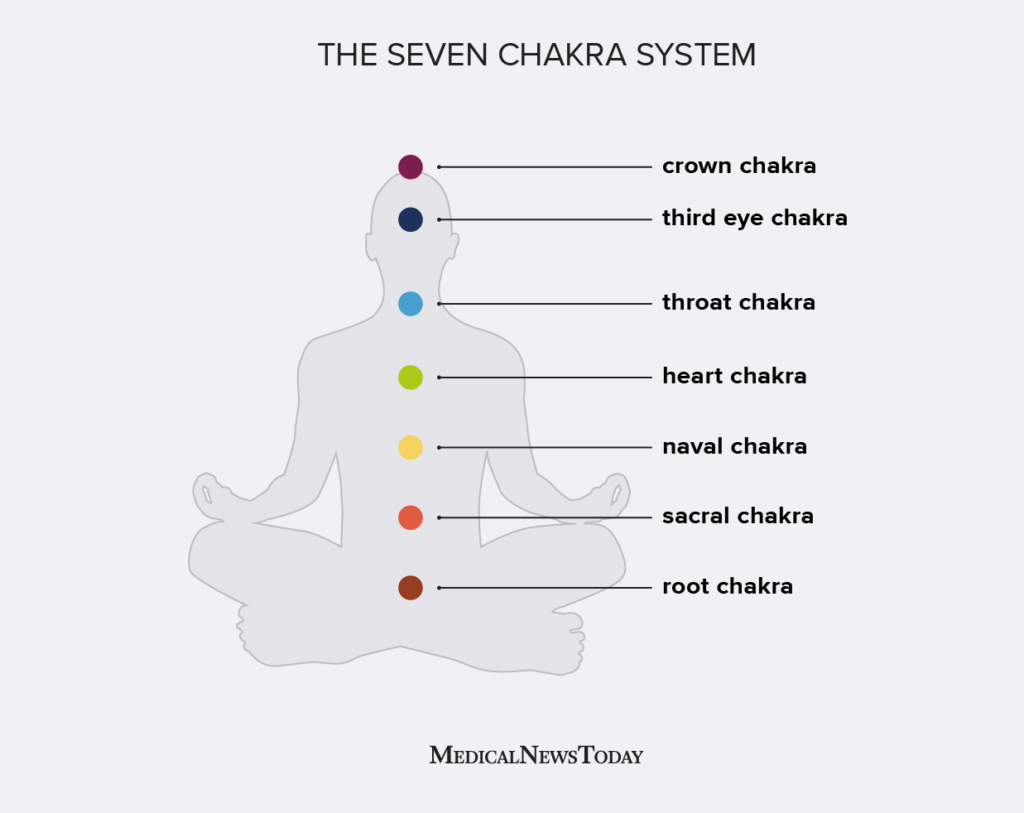
Importance of Personal Readiness
Assessing your mental and emotional preparedness is crucial before embarking on a chakra healing journey. It is important to approach chakra healing with awareness, intention, and a readiness to face and address your own emotional and energetic imbalances.
Assessing mental and emotional preparedness
Before engaging in chakra healing, take the time to reflect on your mental and emotional state. Consider whether you have any unresolved emotional issues or trauma that may be triggered during the healing process. Assess your willingness and readiness to face these challenges and commit to your healing journey.
Honest self-reflection and awareness of your own emotional and energetic needs can help you approach chakra healing with greater clarity and readiness, minimizing the potential adverse effects on your mental well-being.
Taking responsibility for one’s well-being
Ultimately, it is important to take responsibility for your own well-being during the chakra healing process. This means actively participating in your healing journey, listening to your intuition, and advocating for your needs.
By being proactive and taking an active role in your healing experience, you can ensure that your mental well-being is prioritized, and that any potential adverse effects are addressed and managed appropriately.
Balancing Chakra Healing and Mental Well-being
Finding the right balance between chakra healing and mental well-being is essential for a safe and transformative healing experience. It is important to prioritize your mental health throughout the process and make adjustments as needed to support your overall well-being.
Finding the right balance
Finding the right balance between chakra healing and mental well-being requires self-awareness, open communication with your chakra healer, and a willingness to make adjustments along the way. This may involve modifying the intensity, frequency, or duration of your chakra healing practices to better suit your unique needs and mental well-being.
Monitoring mental well-being during chakra healing
Regularly monitoring your mental well-being during chakra healing is crucial to ensure that any adverse effects are identified and addressed promptly. Pay attention to any changes in mood, energy levels, or emotional well-being. If you notice any significant shifts or concerns, don’t hesitate to reach out to your chakra healer or a mental health professional for support and guidance.
Adjusting the frequency and intensity of chakra healing
Making adjustments to the frequency and intensity of your chakra healing practices can help prevent overwhelm and promote your mental well-being. If you find that engaging in chakra healing frequently or intensely is causing distress or adverse effects, consider taking a step back and allowing yourself time to process and integrate the healing.
Remember, healing is a gradual process, and there is no rush. By listening to your body and honoring your mental well-being, you can ensure that chakra healing remains a beneficial and transformative practice in your life.
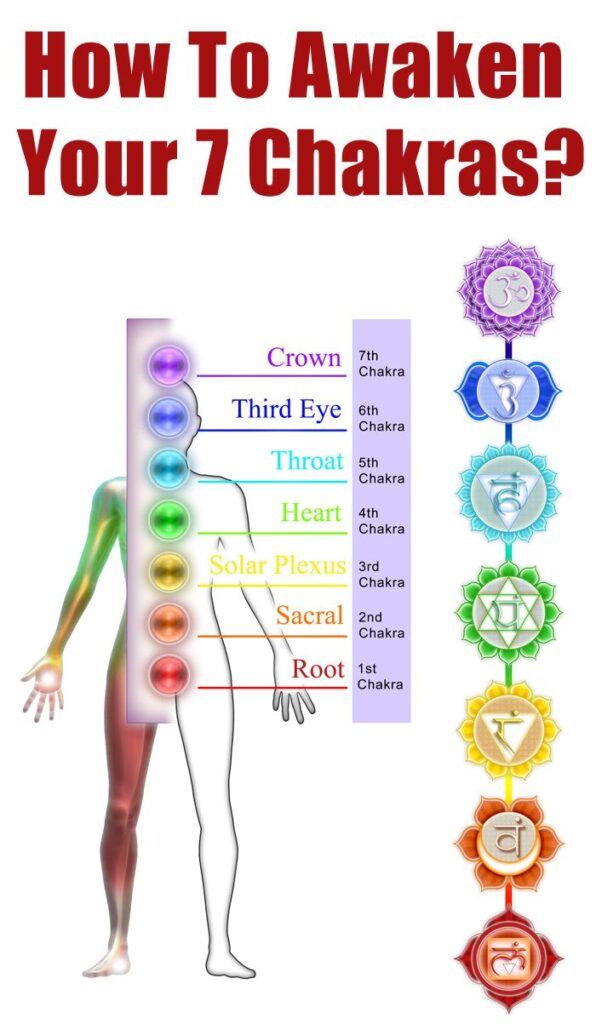
Conclusion
Chakra healing can be a powerful and transformative practice for promoting balance and harmony in the body. While it can have numerous positive effects on mental well-being, it is important to be aware of the potential adverse effects it can have in some cases.
By understanding the common adverse effects of chakra healing, recognizing the factors that influence these effects, and taking necessary precautions, you can ensure that your mental well-being is prioritized throughout the healing journey.
Remember, chakra healing is a highly individualized process, and what works for one person may not work for another. By approaching chakra healing with self-awareness, responsibility, and open communication, you can find the right balance that supports your mental well-being and promotes a safe and transformative healing experience.
